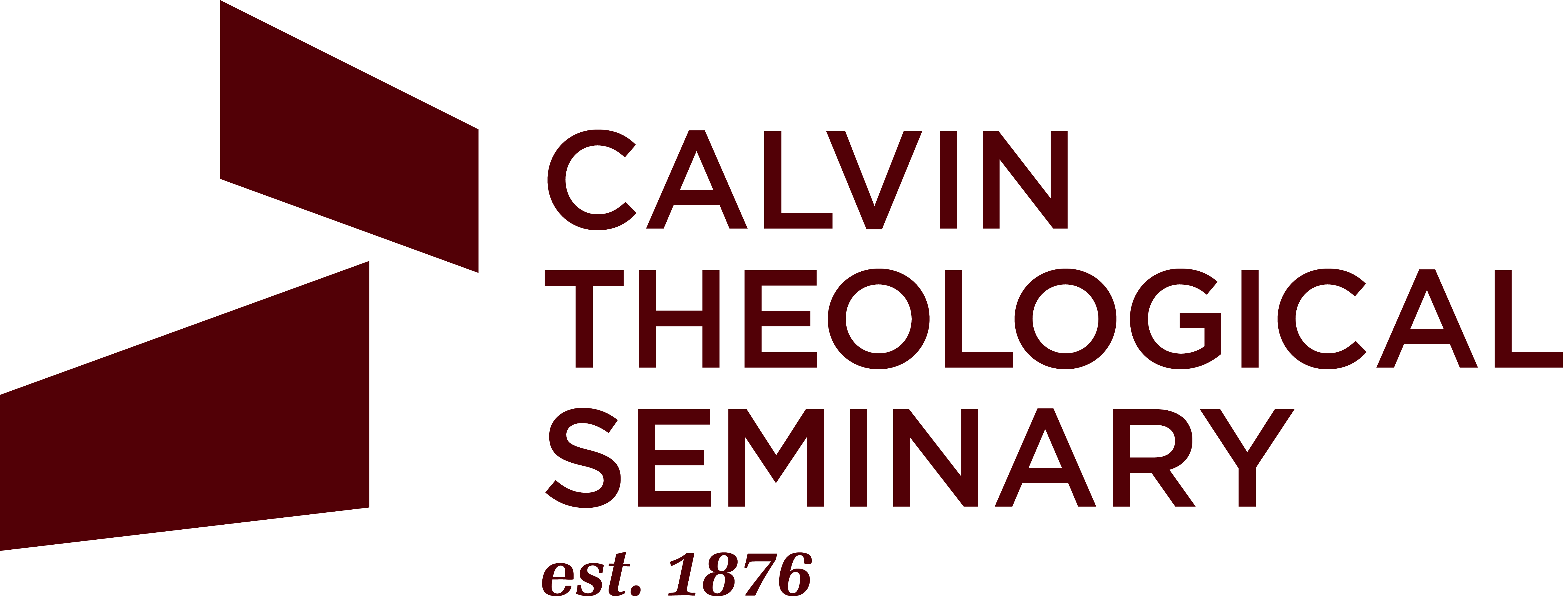Solo Christo

Published by Karin Maag
Director of the Meeter Center for Calvin Studies and Adjunct Professor of the History of Christianity; Co-Director of the Master of Theology (ThM) Program
“In Christ alone my hope is found / He is my light, my strength, my song.” These first two lines of Keith Getty and Stuart Townend’s popular hymn resound with the believer’s confident statement of total reliance on Jesus Christ. Yet in the Reformation era, the assertion that faith rested on Christ alone, “solus Christus,” was not necessarily a straightforward or widely-accepted claim. Today, this statement is equally controversial, albeit for different reasons.
For Martin Luther, Huldrych Zwingli, and John Calvin, the affirmation of Christ alone as the source of salvation stood against what they perceived as the Roman Catholic Church’s over-confident assertion of its own role in salvation. In particular, the Reformers rejected any power of the papacy—or the Catholic church’s clergy more generally—to offer salvation through the sacraments of the church, especially baptism, penance, and the Eucharist.
Another source of concern for the Reformers was the role assigned to saints and to the Virgin Mary in interceding for believers before God. According to the Reformers, ascribing such intercessory powers to human beings was to deny Christ’s rightful role as the sole mediator and intercessor for the faithful. So, for instance, Huldrych Zwingli proclaimed in his sixty-seven articles (presented to the city council of Zurich for debate in 1523), “The summary of the Gospel is that our Lord Christ, true Son of God, has made known to us the will of his heavenly Father and has redeemed us from death and reconciled us with God by his guiltlessness. Therefore, Christ is the only way to salvation of all who were, are now, or shall be.”
It is important to note that the Reformers’ emphasis on Christ alone as the agent of salvation needs to be understood in the broader context of the other four solas. In fact, the Reformers’ focus on Christ alone stood at the center of their theological approach. It was because salvation came through Christ alone and for God’s glory alone that Christians were justified by grace alone and through faith alone. Human deeds and effort, no matter how worthy, could not make a person right with God. And Christ’s pivotal role in salvation was revealed in Scripture—hence the Reformers’ emphasis on Scripture alone as the source of authority in the church.
The enduring significance of the Reformation’s emphasis on Christ alone is hard to under- estimate. In Protestant areas, especially in Reformed territories, the veneration of the saints and the Virgin Mary largely ceased, and their images were removed from places of worship. At the same time, the sacraments of baptism and the Lord’s Supper became understood as signs of God’s grace and covenantal promises, but not sources of salvation in and of themselves. Thus, the proclamation that Christ alone saves dramatically reconfigured both worship practices and theology from the Reformation onwards.
Yet today, the phrase “Christ alone” can be challenging for the church, in a number of ways. First, the phrase makes strong claims about Christ’s unique role as savior, a stance that clashes with more pluralist or inter-faith approaches. Second, some churches and believers may tend to put Christ at the center and under-emphasize the Father and the Holy Spirit, weakening or distorting the rich blessing of fully-orbed Trinitarian theology. Third, within modern-day churches, the proclamation of Christ alone as the source of salvation runs counter to a growing trend of congregations preferring a gently-couched message of moral self-improvement under the eyes of a benevolent God.
At its root, the assertion that salvation comes through Christ alone means that human beings can do nothing out of their own efforts to make themselves right with God. But in a culture and a time in which few are willing to acknowledge their fundamental brokenness, Christ is more often viewed as the greatest moral example, wise teacher, or superhero of the faith. For instance, I have a friend, a faithful church-going Christian, who told me that she struggles with the weekly confession of sins in worship because while she makes mistakes and has faults, she does not see these as sins. For her and others, the message that Christ alone saves us from our sins and reconciles us to God has lost its power. So the strong Reformation proclamation of Christ as the source and author of salvation is highly relevant today. The church needs to proclaim again that salvation is through Christ alone, not through human merit or efforts.
By Karin Maag
Share
Visit Calvin Theological Seminary’s Campus
We can’t wait to host you on campus! Schedule your visit today, or, if you need more time to find a date that works for you, please request information so we can continue the conversation about supporting your calling!
